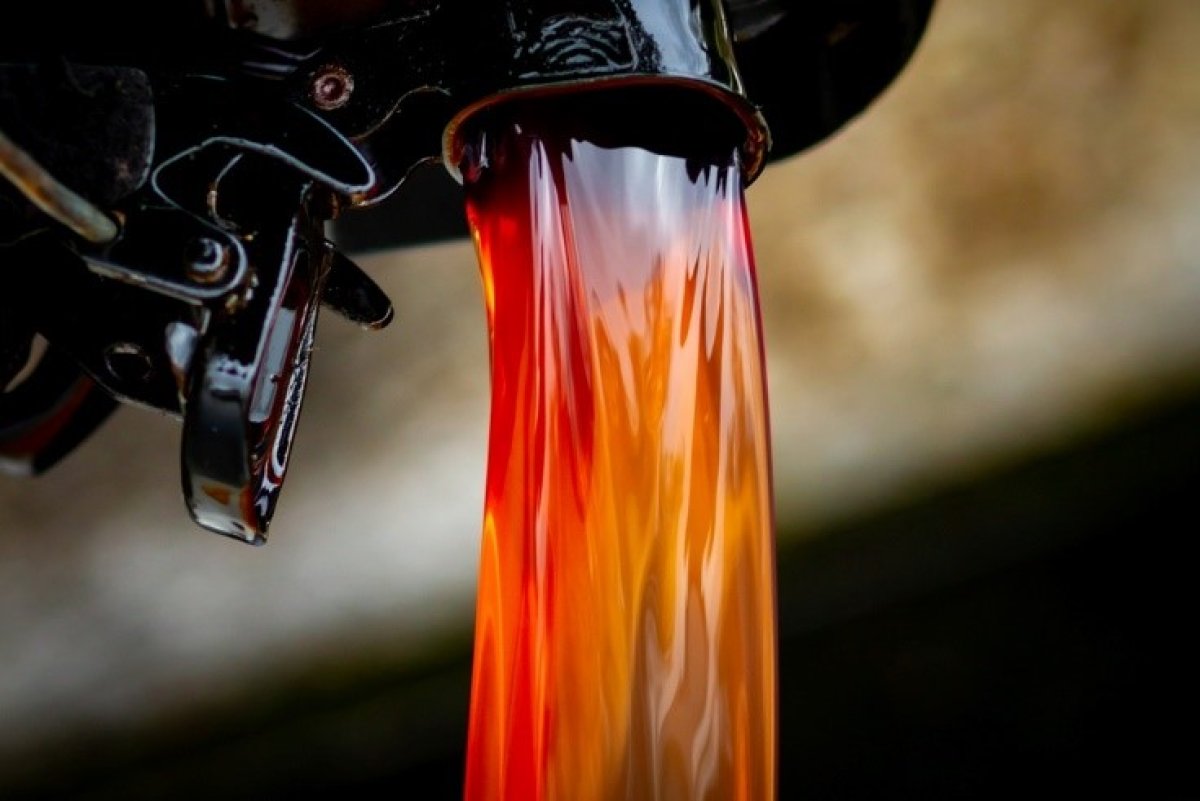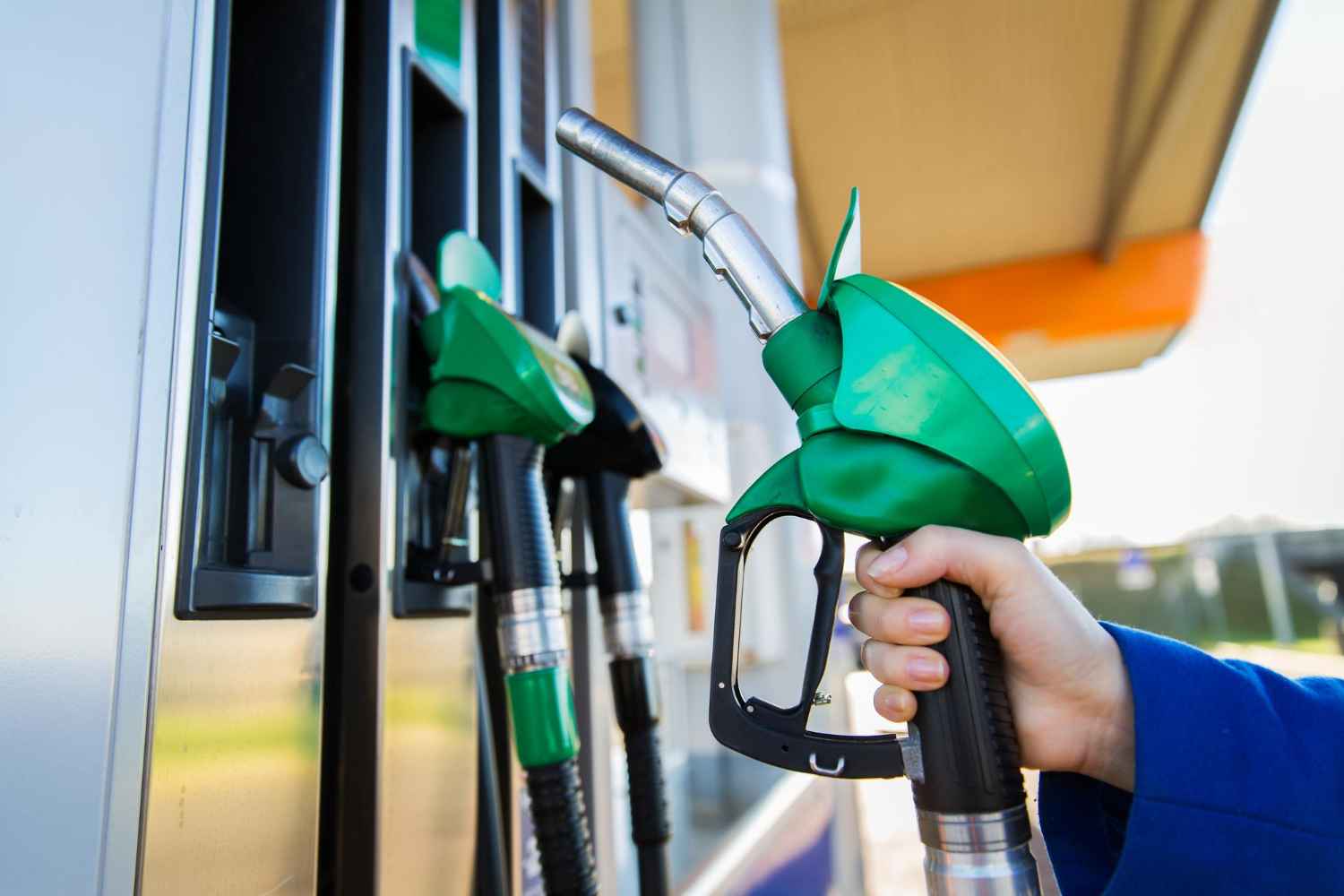Wondering what makes red diesel different from regular diesel? Whether you’re fuelling agricultural machinery or driving a car, understanding the distinctions between the two is important for compliance, cost, and performance. In this guide, we’ll break down everything you need to know about red vs. regular diesel, including legal use, fuel additives, pricing, and vehicle compatibility.
What is Red Diesel?
Red diesel—also known as off-road diesel or rebated fuel—is a low-tax fuel intended for non-road vehicles and equipment. It’s dyed red to distinguish it from white (regular) diesel and is commonly used in sectors such as agriculture, construction, forestry, and fisheries.
Vehicles That Can Legally Use Red Diesel:
- Tractors
- Cranes
- Earth movers
- Loaders
- Backhoes
- Harvesters
- Forklifts
- Compactors
- Trenchers
- Roller scrapers
Learn more: What Vehicles Can Use Red Diesel in the UK?
What is Regular Diesel?
Regular diesel (also called white diesel or on-road diesel) is the standard fuel used in most vehicles on public roads—cars, vans, buses, lorries, and more. It contains additives to reduce emissions and improve engine performance, and it’s taxed at the full standard rate.
Key Differences Between Red Diesel and Regular Diesel
Red or white? Let’s explore the key differences between the two available diesels in the market for on & off-road vehicles.
Performance & Efficiency
Since both diesel’s appearances are different from each other, many users question their performance. Thankfully, there’s no such difference as both are compatible with diesel engines. Yet, the only difference is the additive content in the white diesel, which is not present in the red diesel. That’s why off-road diesel lacks the ability to reduce emissions when used in off-road vehicles.
Further, since off-road equipment doesn’t require many emission controls, red diesel is ideal for it. But if you use it in on-road vehicles, it can result in lower engine performance, clogged filters, and even technical issues of engine, which aren’t upon using regular diesel because of the additives.
Legal Aspects
For while or regular diesel, there’s no restriction on using it in any specific vehicle or machinery. You can use it in your car or tractor and perform your business without any obligation to the government.
In contrast, you can’t use red diesel in on-road vehicles, as it can cause serious issues, including hefty fines or vehicle confiscation. That’s why regulatory authorities dye it red for easy inspection if someone breaks the law.

Cost & Tax on Both Diesels
When you purchase regular diesel for your car or machinery, you have to pay the taxes alongside. There is no exception or relaxation related to tax cuts, which may make it a bit costlier than other options.
Whereas red diesel is taxed at lower rates by the relevant department, this reduces its overall cost. But you can only use the red diesel in off-road vehicles to get its cost benefits.
The tax rate applied to both diesels can vary, which is 10.18 pence per litre for red diesel and 52.95 pence per litre for regular diesel as per the March 2025 update.
Factor | Red Diesel | Regular Diesel |
Usage | Off-road only (agriculture, construction, etc.) | On-road vehicles |
Colour | Red (dyed for identification) | Clear/light green |
Tax | Reduced (10.18p/litre) | Standard (52.95p/litre) |
Additives | Fewer or none | Emission-reducing additives |
Legal Use | Restricted | Unrestricted |
Cost | Lower due to tax break | Higher retail price |
Performance & Efficiency
While both fuels function similarly in diesel engines, regular diesel contains emission-reducing additives. This makes it more suitable for modern engines that have particulate filters and other emission control systems. Using red diesel in such vehicles may lead to:
- Clogged filters
- Engine performance issues
- Increased emissions
Red diesel is not recommended for on-road vehicles or emission-sensitive equipment.
Legal Use of Red Diesel in the UK
As of April 1, 2022, red diesel can only be used in limited industries. Misuse can result in heavy fines or vehicle seizure.
When You Can Use Red Diesel:
- For agricultural, horticultural, forestry, or fish farming purposes
- For golf course maintenance or community amateur sports club land
- For travelling fairs or circuses
When You Cannot Use Red Diesel:
- For mowing your garden as a householder
- For commercial landscaping
- In any on-road vehicle
Using Regular Diesel in Commercial Machinery
You can legally use white diesel in any machine, including off-road machinery. The only downside is that you’ll pay full fuel duty, making it more expensive. However, if red diesel is not permitted for your business or sector, using white diesel is the only legal choice.

Why Choose Red Diesel?
- More Affordable: Lower tax rates reduce operating costs.
- Ideal for Agriculture: Perfect for tractors and harvesters.
- Alternative to Kerosene: Can be used for heating in homes, schools, and hospitals (where allowed).
- Bulk Storage Friendly: Can be stored in tanks for long-term use.
Why Choose Regular Diesel?
- Universally Accepted: Suitable for all on-road vehicles.
- Cleaner Performance: Additives help reduce environmental impact.
- Longer Shelf Life: Lasts up to 12 months (when stored below 30 litres).
Which One Is Right for You?
It depends on your application:
- On-road transport? → Use regular diesel.
- Farming or off-road machinery? → Red diesel may be legal (check the latest rules).
- Unsure about your use case? → Contact 123 Oil for professional guidance.
Note: Using red diesel in your lawn mower, generator, or any personal garden equipment is NOT allowed unless it is used for agriculture, forestry, or by a community amateur sports club.
Don’t assume it’s legal—check the guidelines or consult a specialist.
Read more: What Happens If You Get Caught Using Red Diesel in the UK?
123 Oil – Your Trusted Diesel Supplier
At 123 Oil, we supply over 15 types of fuel tailored to both commercial and personal use. Whether you need white diesel, red diesel, kerosene, or heating oil, we’ve got you covered.
Call: 0845 257 1377 (24/7)
Email: sales@123oil.co.uk
Need help choosing the right fuel? Get in touch with our experts today!










